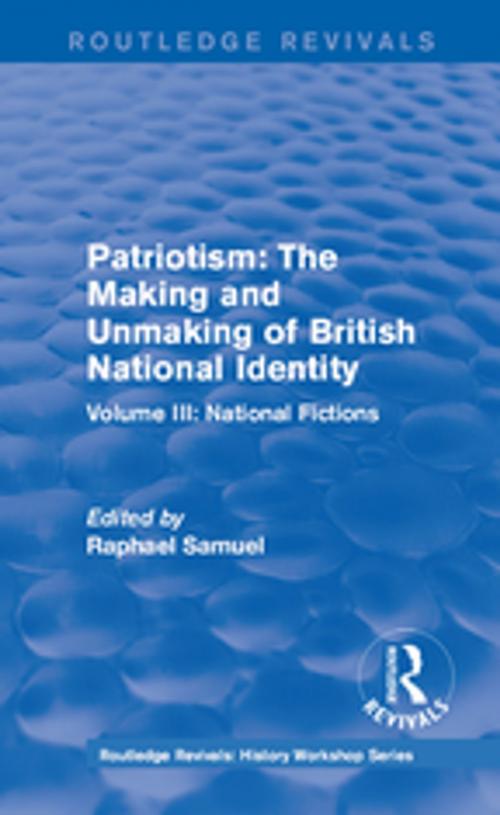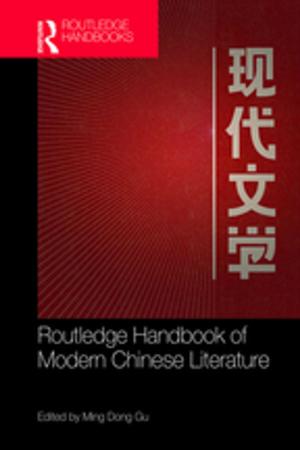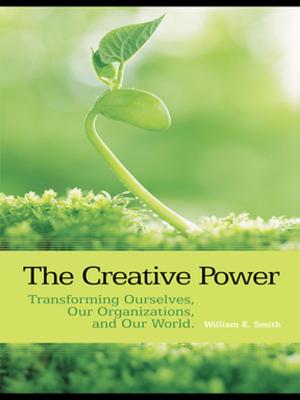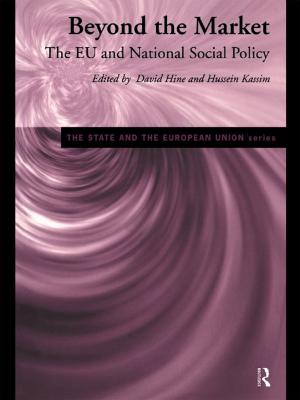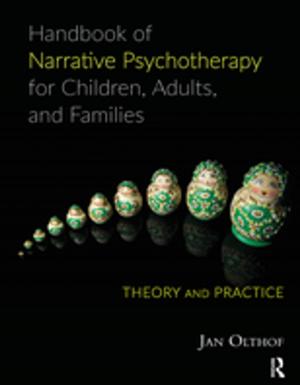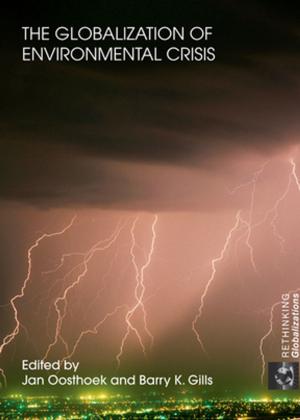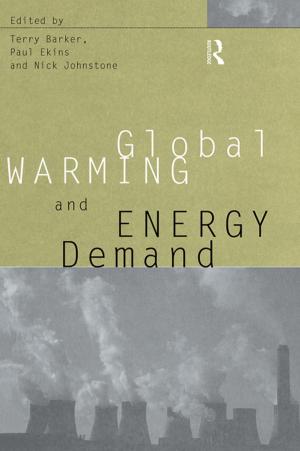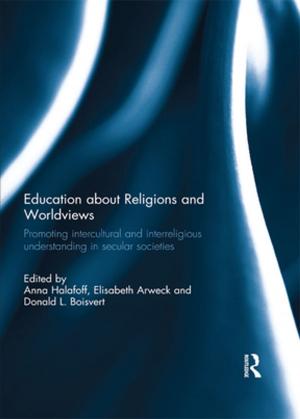Routledge Revivals: Patriotism: The Making and Unmaking of British National Identity (1989)
Volume III: National Fictions
Nonfiction, Art & Architecture, General Art, Art History, History| Author: | ISBN: | 9781315450421 | |
| Publisher: | Taylor and Francis | Publication: | October 4, 2016 |
| Imprint: | Routledge | Language: | English |
| Author: | |
| ISBN: | 9781315450421 |
| Publisher: | Taylor and Francis |
| Publication: | October 4, 2016 |
| Imprint: | Routledge |
| Language: | English |
First published in 1989, this is the third of three volumes exploring the changing notions of patriotism in British life from the thirteenth century to the late twentieth century and constitutes an attempt to come to terms with the power of the national idea through a historically informed critique.
This volume studies some of the leading figures of national myth, such as Britannia and John Bull. One group of essays looks at the idea of distinctively national landscape and the ways in which it corresponds to notions of social order. A chapter on the poetry of Edmund Spenser explores metaphorical representations of Britain as a walled garden, and the idea of an enchanted national space is taken up in a series of essays on literature, theatre and cinema. An introductory piece charts some of the startling changes in the image of national character, from the seventeenth-century notion of the English as the most melancholy people in Europe, to the more uncertain and conflicting images of today.
First published in 1989, this is the third of three volumes exploring the changing notions of patriotism in British life from the thirteenth century to the late twentieth century and constitutes an attempt to come to terms with the power of the national idea through a historically informed critique.
This volume studies some of the leading figures of national myth, such as Britannia and John Bull. One group of essays looks at the idea of distinctively national landscape and the ways in which it corresponds to notions of social order. A chapter on the poetry of Edmund Spenser explores metaphorical representations of Britain as a walled garden, and the idea of an enchanted national space is taken up in a series of essays on literature, theatre and cinema. An introductory piece charts some of the startling changes in the image of national character, from the seventeenth-century notion of the English as the most melancholy people in Europe, to the more uncertain and conflicting images of today.
